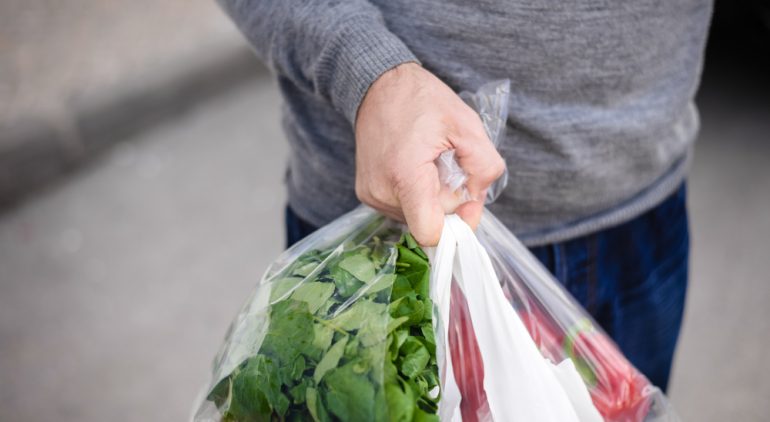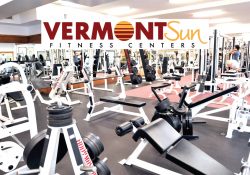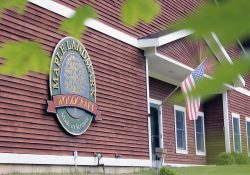
On Plastic Bags and Nude Food
“There is absolutely no logic in wrapping something as fleeting as food in something as indestructible as plastic.” Sian Sutherland
In the 1967 movie, “The Graduate”, there is an often quoted line: “There’s a great future in plastics”. Sadly, any plastic referenced during that conversation is likely still around. Plastic is just about indestructible and does have a great future in terms of longevity. Worldwide concern about the ubiquitous use of plastic is growing, however, and some locales have developed unique approaches to address the problem. A few factoids:
- Scientists estimate that 8.3 billion metric tons of plastic have been produced worldwide since the 1950s when mass production began. Of that, roughly 6.3 billion metric tons have been thrown away, and only 9 percent of discarded plastic has been recycled.
- A Dutch supermarket chain introduced what it billed as the world’s first plastic-free aisle in a store in Amsterdam. There, shoppers found groceries, snacks, and other items packaged in compostable materials or in glass, metal or cardboard.
- The Church of England issued a Lenten challenge this year, asking people to avoid purchasing plastic products and packaging for a six week period as a way to raise consciousness about plastic shopping habits.
- A number of countries have either eliminated plastic bags in grocery stores or charge customers for them. Follow-up suggests a significant reduction of plastic bags in the waste stream where these measures have been implemented.
A particularly good overview of the omnipresent plastic bag comes from Joseph Curtin, a member of the Irish government’s Climate Change Advisory Council, in the 3.4.18 edition of the New York Times. No matter how you feel about this, there is no question that the prevalence and permanence of plastic bags in our waste stream is a problem, and we can all do our small part to mitigate it. Plastic bags are not “free”. Stores pay for them and pass the cost on to customers. There are environmental and financial costs associated with the energy and resources required to produce, recycle, and/or remove them from the refuse stream.
In recent readings, I encountered the term “nude food”, i.e. food that is not packaged in any way. It is selected at the market, placed in a container you have brought with you, and remains unclothed until you get it home. We have developed many automatic, unconscious food shopping habits that require some reflection. When buying fresh produce that is pre-packaged, or that we place in a plastic bag, we are actually purchasing two items. One we will use, the other will be thrown away. This makes little sense, as noted in a recent New York Times piece that quotes Sian Sutherland, co-founder of A Plastic Planet, an advocacy group that has pushed the concept of eliminating plastic bags. Ms. Sutherland notes, “There is absolutely no logic in wrapping something as fleeting as food in something as indestructible as plastic.”
If you want to do your part locally, there are many alternatives to using immortal plastic bags. Google “alternatives to plastic bags” to become educated about an array of reusable products. Become mindful of bringing home some “nude food”. Some possibilities:
- Bee’s Wrap, a reusable alternative to plastic wrap, is made in Bristol, Vermont and you’ll have fun discovering ways to use it.
- Reusable silicone bags that have the see-through, flexible, and hygienic appeal of plastic
- Heavy duty canvas or cotton grocery bags that can hold 40+ pounds
- Linen bread bags touted to keep bread fresher than plastic
- Muslin produce bags said to keep produce fresher than plastic
- Nylon mesh produce bags that allow cashiers to access UPC stickers
- Incredibly appealing cotton and polyester sandwich bags that would make brown bagging a much more esthetic experience
- Bring a reusable tote bag with you when you shop and stash pre-used paper and plastic bags inside for produce or bulk products
- Consider buying bread packaged in a recyclable paper bag
- If you buy bulk coffee, those sturdy, lined brown bags that are provided can be reused, easily 10 to 15 times. Or just use an ordinary paper bag. It is better to store coffee in a glass and/or airtight container anyway, so you only need to get the coffee home and doesn’t using a new bag each time seems excessive?
- If you have purchased something in one of those clear plastic “clamshell” containers, use it again and again for produce or bulk items.
- To transport your “nude food” from store to home, enjoy the retro charm of shopping with a real basket from your home collection, or grab a small cardboard box from the array available at the front of the store. The latter is also great if you’ve forgotten your tote bag.
It’s our store, so let’s continue the conversation … it is an important one!
Louise Vojtisek is a Middlebury Natural Foods Co-op Board Member




